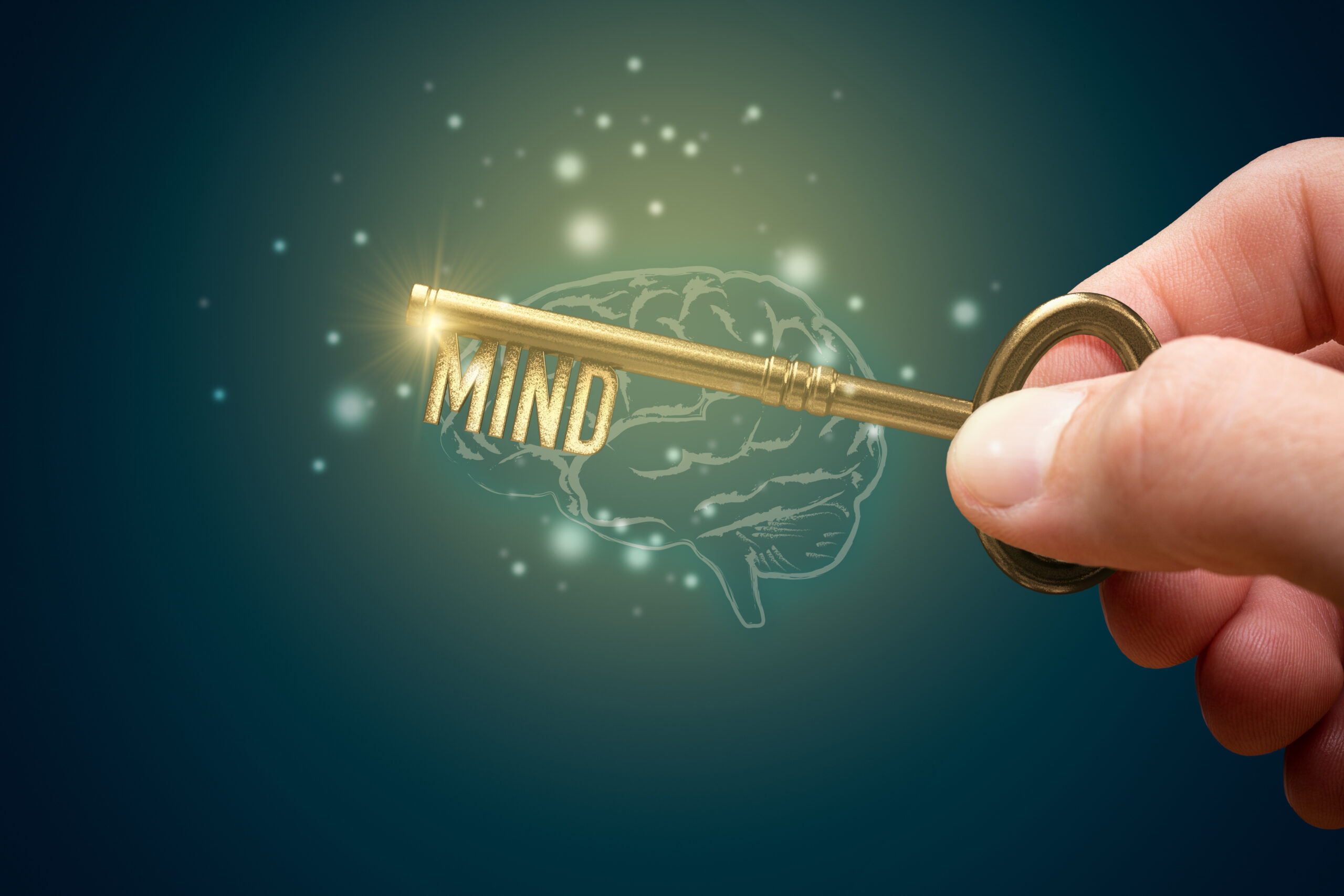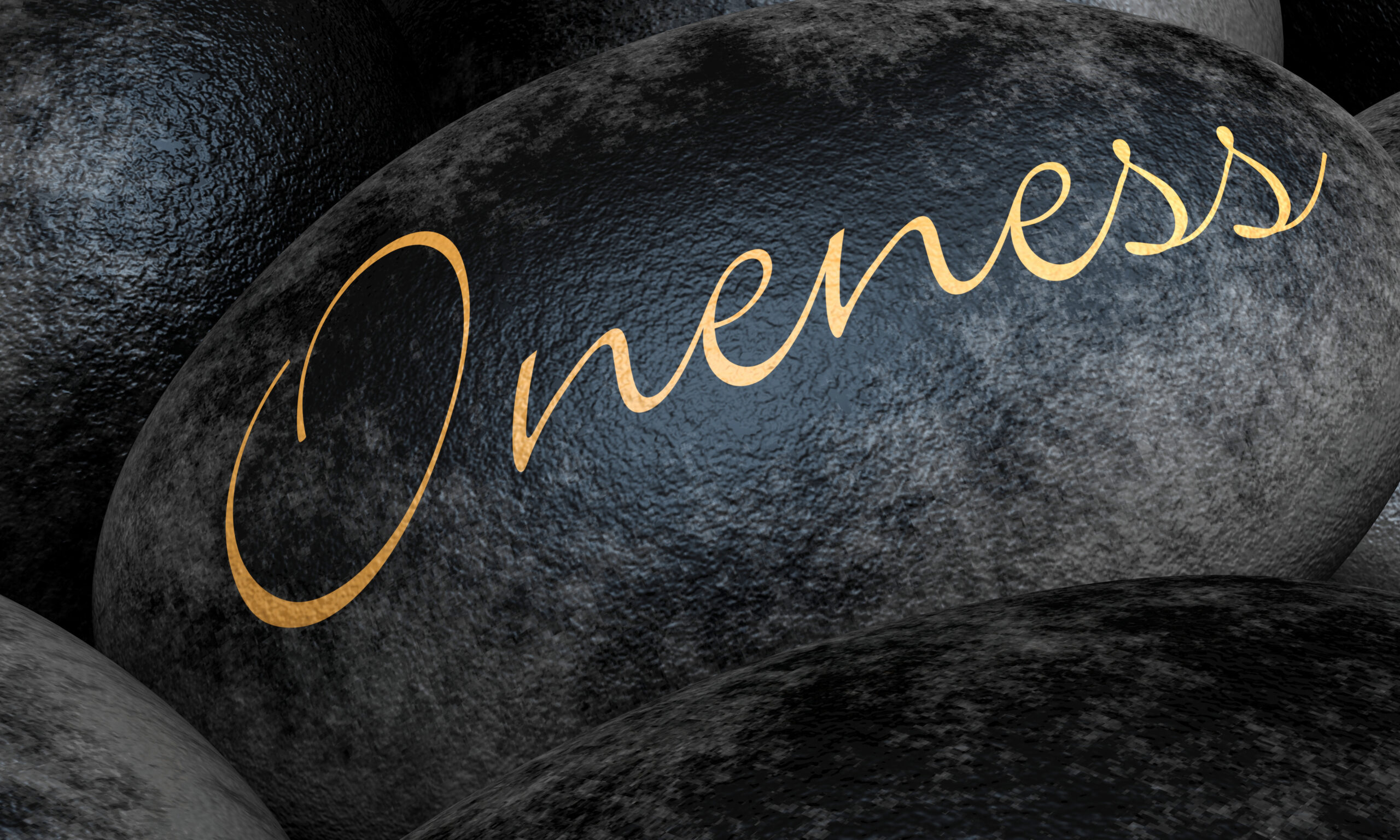We perceive the world around us through our five senses: sight, smell, hearing, touch, and taste. We consider what our senses convey to us to be a true picture of reality, and we experience this picture. This is how our experience is formed, which then further shapes our opinions, beliefs, attitudes, and habits.
How our mind works
If we look at this process more deeply, we will reveal that it is much more colorful and complex. Other processes come into play that most of us overlook.
As soon as our senses convey reality to us, a perception is formed in our brain. It can be an image, sound, smell, etc. Our mind immediately names this perception and we experience this evaluation. In other words, we do not experience reality itself, but above all our evaluation, our projection. This is a big difference.
“In every moment, we experience the experience of ourselves.”
Who is to blame? Who is projecting here!
How is this possible? Our memory and intellect are to blame for this.
Our memory is important for us to maintain our identity (I know my name, where I work, live, who my life partner is, and my children), to survive (it is not good to put bare hands into the fire), and to learn from experience (cause and effect). However, memory also has its dark side. It does not distinguish between what is good for us and what is not. So, all our beliefs and opinions about ourselves, others, and the world are also stored in it. So, if someone close to us in the past told us that we don’t have musical talent and we believed it, then whenever someone comes along who plays a musical instrument beautifully, we can either crave them, fall in love with them, or be jealous of them. Our image of that person, our attitude towards them, immediately reflects who we are. In other words, what we think about ourselves, what we have, and what we long for.
Our intellect distinguishes and names. Without intellect, we would not distinguish between what is big or small, thick or thin, or not understand the laws of nature. We would not survive, we could not discover and explore. The intellect is a philosopher, theologian, and scientist. But like memory, the intellect also has its dark side. Because it has an opinion on everything. By the way, have you noticed how annoying it is after a while to be with someone who has an opinion on everything? And if not, then imagine going to a restaurant with your five copies. How does it feel? I imagined it and I’ll tell you that I’d rather call my South American friend who is a samba dancer.
The problem arises when our intellect rummages through our memory storehouse, compares it to what is happening now, and fires off one opinion after another. Feelings follow. They are a physical reaction to our beliefs and thoughts.
Two people with different experiences with expensive cars
That’s why two people can walk past a store with expensive sports cars. In one it will arouse desire and in another rejection. The same reality, but two completely different stories. The store and the cars do not have an opinion of themselves, they do not carry any desire or rejection. They are simply there, and yet everyone experiences a completely different experience. Each of us experiences thousands of similar, much less obvious, examples every day without realizing them.
And now a bit of practice and your own evidence
Try it! When you are sitting somewhere where you can afford it (e.g. in a store, on public transport or at a boring company meeting, there are a lot of them), choose a person, animal or even a thing. Look at your chosen object, but at the same time be aware of what is happening inside you. It’s not hard. Your senses will always automatically convey to you what is needed. You don’t have to convince them. So let them do their job. Your task is to keep your attention on what thoughts and feelings are coming up inside you. Do you understand it better now? Still not working? Then try looking at someone you like and then someone you don’t like. Now it should be clear!
In meditation practice, this is called the conditioned mind. Conditioned because we perceive the world and ourselves as if through a filter. This filter is our mind, its memory and intellect. Our beliefs, self-esteem, ambitions, expectations, fears, and the impact of our past wounds. All this forms our personality. The reality we perceive is then like a movie projection, the script of which is written by our personality.
“What you think is what you are. What you imagine is what you create.”
Once again and more briefly
We perceive the world mechanically, like computers that have data and instructions stored in their memory on what to do and how to behave when a specific situation arises. Our processor, i.e. intellect and instincts, sets everything in motion. This is important for survival, but completely dysfunctional for deeper understanding. If machines and computers could feel, they would feel the reality that they themselves create. And so it is with us. We experience our beliefs and opinions.
It’s a habit, and every habit is essentially an expression of comfort. And who doesn’t love comfort! We don’t have to perceive ourselves and the world and try to understand them. We simply have our own opinion of ourselves and the world and make decisions based on it. So much so that it has made its way into our proverbs: “You can’t teach an old dog new tricks” or simply the statement that people don’t change. Our world is thus a world of illusion built from our beliefs.


